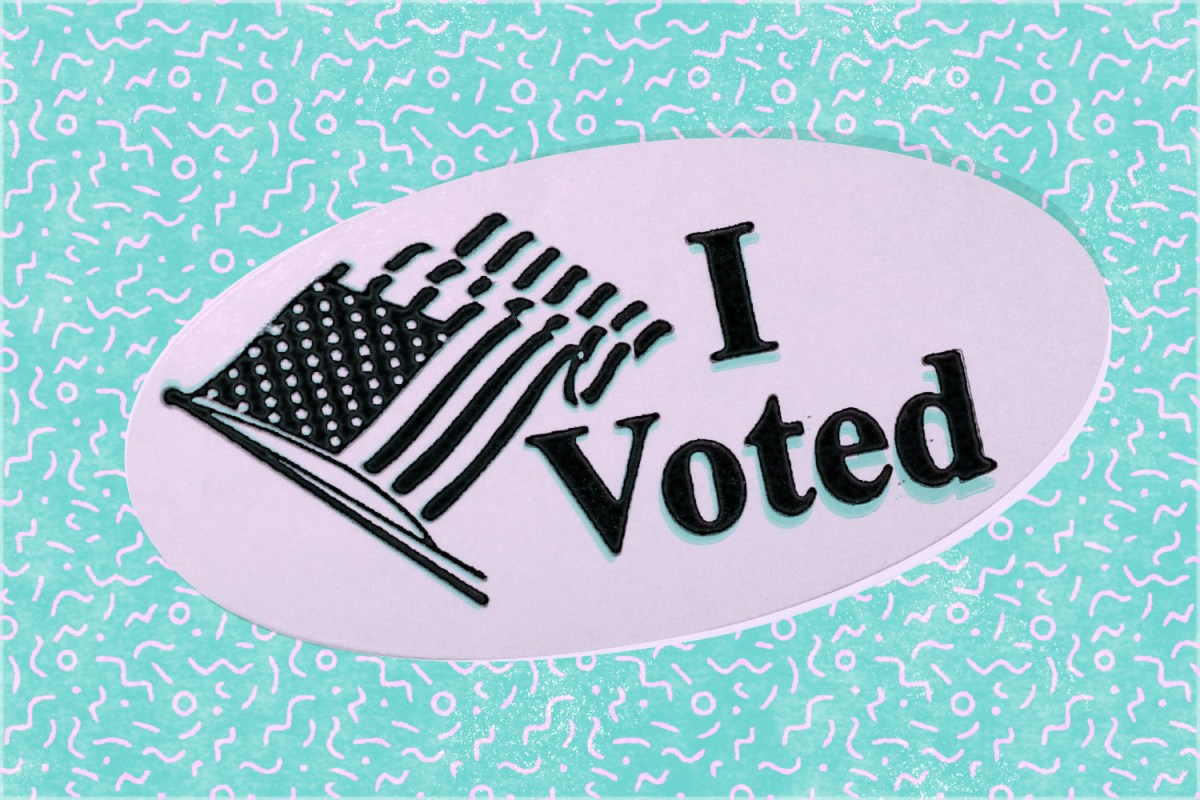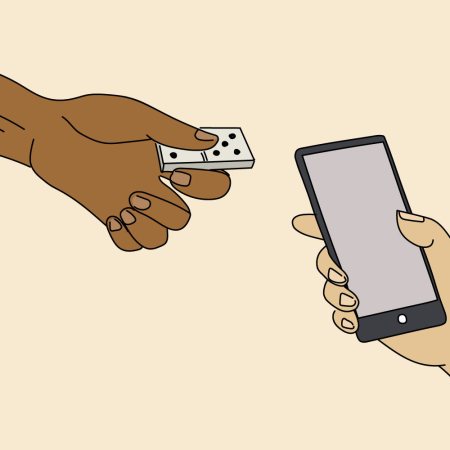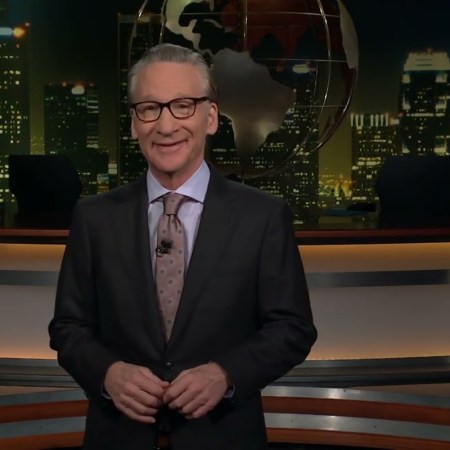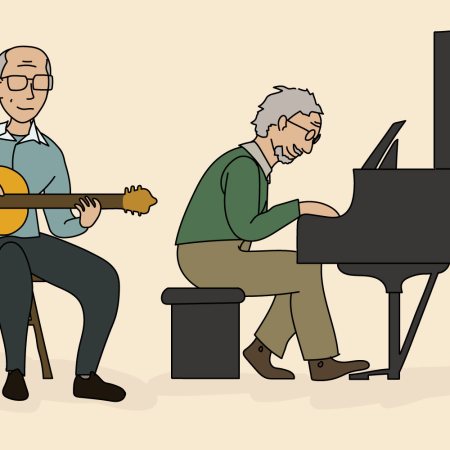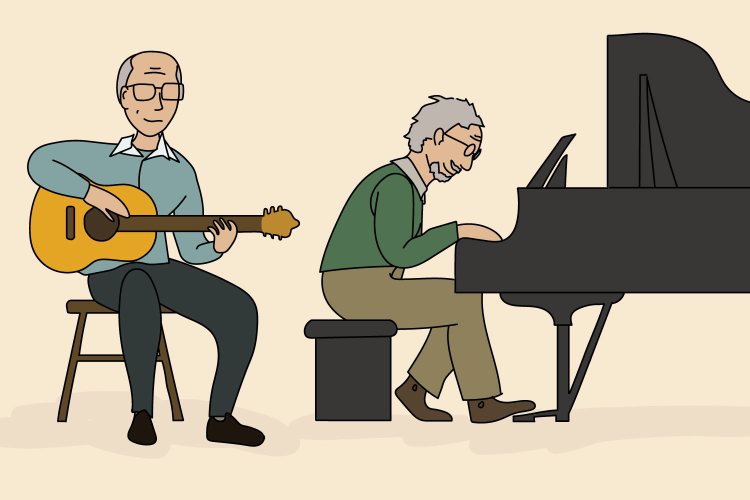
“If you’re not a liberal when you’re 25, you have no heart. If you’re not a conservative by the time you’re 35, you have no brain,” is not a Winston Churchill quote (in any variation), no matter how many times Fox News repeats it.
That said, there are certainly generational differences in how we vote and in our beliefs. The question is, do our voting patterns really change drastically as we age … and if that’s the case, will Millennials be the generation that bucks a trend and by not becoming more conservative as they get older?
In Pew Research’s report “The Generation Gap in American Politics,” the answer is surprisingly and resoundingly a yes.
“From immigration and race to foreign policy and the scope of government, two younger generations, Millennials and Gen Xers, stand apart from the two older cohorts, Baby Boomers and Silents,” the report points out. “And on many issues, Millennials continue to have a distinct – and increasingly liberal – outlook.”
(Here, Pew defines Millennials as those born in the 1981-1996 range. The report covered surveys and research from the early oughts through the 2016 presidential election and also a few months before the 2018 mid-terms.)
As proof, the Pew report cites several different surveys over a nearly 20-year time frame; those reports include one that examines the generational differences in presidential job approval during each office holder’s first full year. One example: For Millennials, Obama scored a 64 percent approval, while Trump earned a low of 27 percent. It was the widest gap amongst any group — although boomers did seem to really like George W. Bush (65 percent, the highest approval of any president in any age group … though admittedly polled the year after 9/11).
Interestingly, the Silent, Boomer and Gen X groups followed a pretty steady curve, with everyone clustered around the same modest (46-50 percent approval) for Bill Clinton, rising around the same amount for Bush and headed back to middle ground for Obama.
As well, 62 percent of Millennial registered voters expressed a preference for a Democratic candidate before the 2018 midterms, which was a higher share of Millennials who expressed this sentiment dating back to 2006.
A few other findings:
- Millennials are the most supportive age group of same-sex marriage
- A majority of the generation (52 percent) believe racial discrimination is the “barrier to blacks’ progress” — over a dozen points higher than any other age group. This number includes over half of white Millennials who were surveyed.
- Millennials are now much more likely to say good diplomacy is the best way to ensure peace (77 percent) than in 2006, when the same group would have equated diplomacy and military strength as closer to equal deterrents.
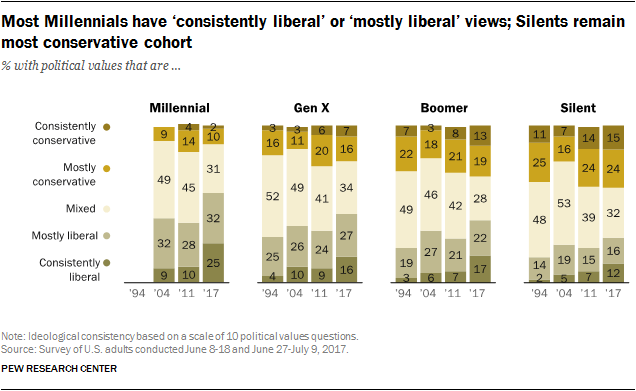
- In 2004, Millennials most identified themselves as holding a mixture of liberal and conservative views (49 percent). By 2017, that number had shrunk to just 31 percent, while those holding mostly or consistently liberal views had jumped from 41 percent to 57 percent.
- Millennials are the least likely generation to say belief in God is necessary to be moral, a drop from 42 percent in 2011 to 29 percent in 2017
- Millennials are the most likely generation to be considered politically independent, but their partisan leanings make them the most Democratic generation
Ways that Millennials are showing their age? In 2007, 68 percent of that generation’s respondents wanted “a bigger government providing more services.” That number for Millennials dipped to 57 percent ten years later — still the largest percentage among any demographic, but also the only generation to show a decreased interest in the idea of bigger government.
Following other generations, Millennials are also more likely to say it’s important to protect the rights of Americans to own guns than to control gun ownership (27 percent in 2007, 43 percent in 2017).
As well, support for government aid for the needy has decreased, although support for gay marriage, marijuana legalization and abortion has increased for Millennials over the past ten years.
So why are Millennials seemingly headed in different political directions from other generations? While not offering an overarching reason, the Pew study does suggest part of the answer can be found in the increased racial and ethnic diversity in younger generations — 40 percent of Millennials are non-white, the highest share among the adult generations.
Still, the paper notes: “Even taking the greater diversity of younger generations into account, younger generations – particularly Millennials – express more liberal views on many issues and have stronger Democratic leanings than do older cohorts.”
And based on Pew’s extensive research on Millennials, those views seem likely to continue well after 40. But we won’t make too many assumptions; after all, it was Winston Churchill who once (possibly) opined, “It is a mistake to try to look too far ahead. The chain of destiny can only be grasped one link at a time.”
This article was featured in the InsideHook newsletter. Sign up now.
